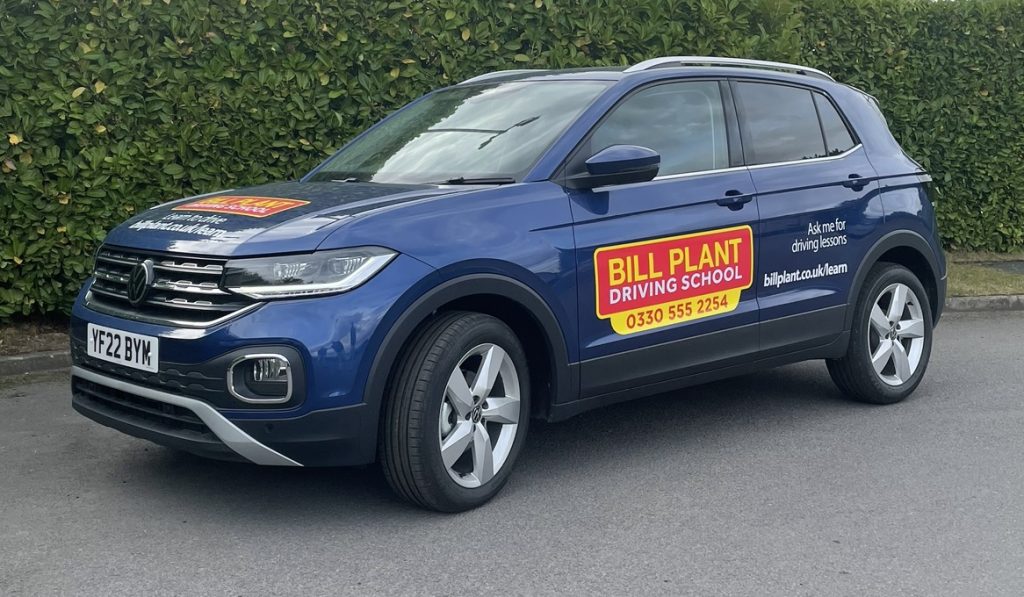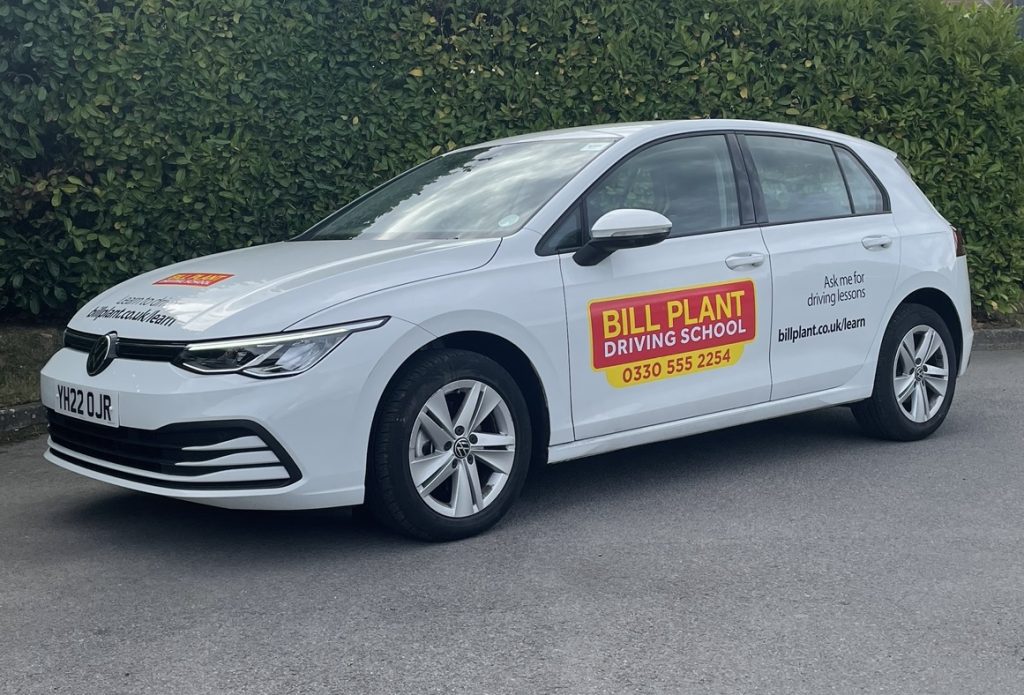
So you think you’re ready to learn to drive? It may not be as simple as jumping behind the wheel of a car and getting someone to teach you. When it comes to learning to drive, you’ll need to have driving lessons, be old enough to qualify for a provisional driving licence and sort a few other bits of paperwork out first.
So, before you go booking your driving test, we’re going to give you the lowdown on several things you need to know about learning to drive, from your L plates through to car insurance.
At what age can you learn to drive in the UK?
You can’t start learning to drive a car in the UK until you are 17. You can apply for a provisional driving licence once you are aged 15 years and 9 months; however, you can then only start driving or learning in a car once you turn 17.
Can I have driving lessons At 16?
While you cannot start driving a car when you are 16, you can use your provisional driving licence to learn to drive other vehicles. At 16, you can legally learn to drive a moped in the UK, and you can do this once you’ve received your provisional licence.
Technically, you can start learning to drive a car at any age on private land; however, this will not fully prepare you for your test as you’ll need experience around traffic and on public roads.
If you have a disability, you may be able to apply to learn to drive at 16 as part of your Personal Independence Payment (PIP)
Can I start driving at 14?
While this is the case in some countries worldwide, it is not in the UK. You cannot learn to drive when you are 14 in the UK, and you can’t even legally apply for a provisional licence yet.
Do you need L plates when learning to drive?
L plates are a legal requirement for learner drivers. If you’re learning in a private car or practising in one of your parent’s cars, you’ll need to have L plates attached to your vehicle. It is recommended that these are displayed at the front of the car on the bonnet and on the rear of the car where they are easily visible to other road users.
If you are learning with a driving instructor, their car must also have learner plates. If you do not, your instructor can get up to 6 points on their licence. You must also make sure the L plate meets the required size standards.
What type of car can a learner driver drive?

The great news here is that you’re not restricted to a specific type of car when you’re learning. While motorcyclists are limited to less powerful motorbikes, drivers aren’t. That doesn’t mean you should instantly jump into something power-hungry and super-fast, though.
Learn in something that you feel comfortable in that will help you prepare for your test. At Bill Plant Driving School, we make sure all our instructors are kitted out with the best Volkswagen tuition vehicles as we feel these make the perfect car for learning to drive in.
You are, however, limited to learning in a car that your instructor (or whoever is in the vehicle with you) can legally drive themselves. This can be your own car, as long as the people accompanying you can drive it, i.e. if it’s manual, they must have passed in a manual car.
Who is allowed in the car with a learner driver?
One thing you simply cannot do before you’ve passed your driving test is drive on your own. You always have to have someone in the car with you, and they need to have a full UK driving licence.
You must drive with a supervisor who has been legally able to drive for at least three years and is over the age of 21. Some insurers will also only allow a learner driver to be insured if they are driving with someone aged 25 and over!
Can you learn to drive with your parents?
You can learn to drive with your parents; however, we’d always recommend taking lessons with a registered driving instructor. Learning with a parent can end up being more time consuming. While they may well be able to drive, they may not be able to correctly teach the basic skills you need to pass your test and help you drive to a good level for the rest of your life.
Do I need a provisional licence to learn to drive?
You need to hold a UK provisional driving licence to legally drive in the UK. You can apply for one as soon as you’ve turned 15 years and 9 months; however, you won’t be able to commence your driving lessons until you are 17.
It’s something you need to consider as one of the costs of learning to drive, along with insurance.
Do you need insurance to learn to drive?
As a learner, you must be insured to drive the car you are learning in. If you are learning to drive in your own vehicle, you must have your own insurance. If you are purely learning with a qualified driving instructor in their car, then you should be covered under their own insurance. The simple rule is that you need insurance if it’s your own car or a private car.

